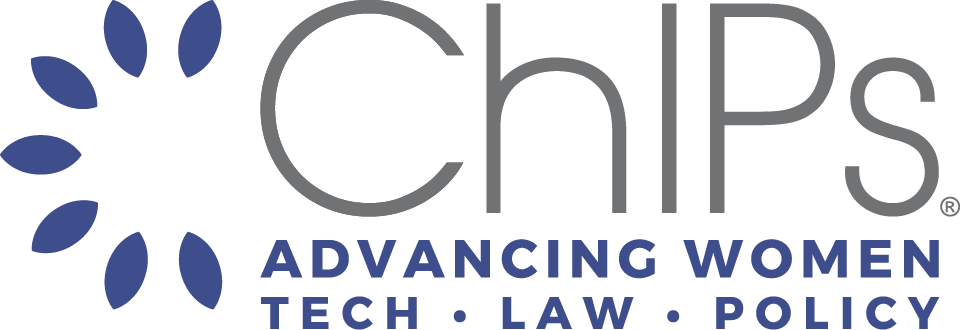On May 10, 2016, the ChIPs Pacific Northwest Chapter hosted an exciting panel discussion regarding mediation strategies and insights, featuring the perspective of retired US District Court Judge Faith Hochberg, now working as a full-time mediator and arbitrator, and esteemed litigators in private and corporate practice. Thank you all who attended our flourishing Pacific NW Chapter’s event!
Introducing the panel was ChIPs Co-founder and Board Chair, Julie Mar-Spinola. The panel included:
- Ret. US District Court Judge Faith Hochberg, now of Faith Hochberg ADR
- Isabella Fu, Associate General Counsel at Microsoft Corporation (moderator)
- Pallavi Mehta Wahi, Administrative Partner, K&L Gates Seattle
- Melissa Finocchio, VP and Chief Litigation Counsel at Intellectual Ventures
The panel began with a general discussion of the expectations and strategies for mediations. The discussion benefitted from having a retired federal district court judge and trained mediator with deep experience in complex litigation as part of the discussion, as well as private practice attorneys who routinely appear before mediators – some primarily as defendants, and one primarily as a plaintiff in recent years. The panel discussed the role/effect of written submissions to the mediator, and whether briefs should be exchanged with the opposing party, the value of positioning or “signaling” in terms of offers and counters, when and whether to admit weakness in case or positions, and how to optimize the ability to reach the “zone of settlement” in which each side starts truly negotiating toward a real resolution.
The panel transcended this “nuts and bolts” discussion to an insightful analysis on the role of women in mediation. Specifically, it was discussed how woman can be particularly well suited to succeed in mediations, using our atypical styles and perspective. J. Hochberg expressed a view that, as a general matter, female attorneys do very well at mediations because they deal well with complexity and tend to be astute listeners, which helps in terms of hearing and addressing their adversary’s perspective. All agreed that the environment for female attorneys has gotten better. Pallavi recalled a day early in her practice, when she once asked her local counsel to leave a mediation because the mediator seemed to be only interested in talking to the male local counsel at the mediation. Overall, J. Hochberg stressed the emotional intelligence that a female attorney can bring to meditation, and to do one’s homework before the mediation can begin. As she put it, it’s most beneficial to focus on the desired negotiated outcome for a mediation, and to focus less on the signaling or positions that J. Hochberg says are an intrinsic part of any mediation, but merely a means to the end.
ChIPs co-founder and Board Chair Julie Mar-Spinola praised the event, saying, “It was great to see this session so well attended. Isabella Fu and Melissa Scanlan did a great job planning. The composition of the panel was both interesting and appropriate with representatives from inside and outside counsel and featuring Judge Hochberg. This subject matter is important and I think worth expanding upon at another ChIPs event and probably with a diverse but mediator-centric panel.”

